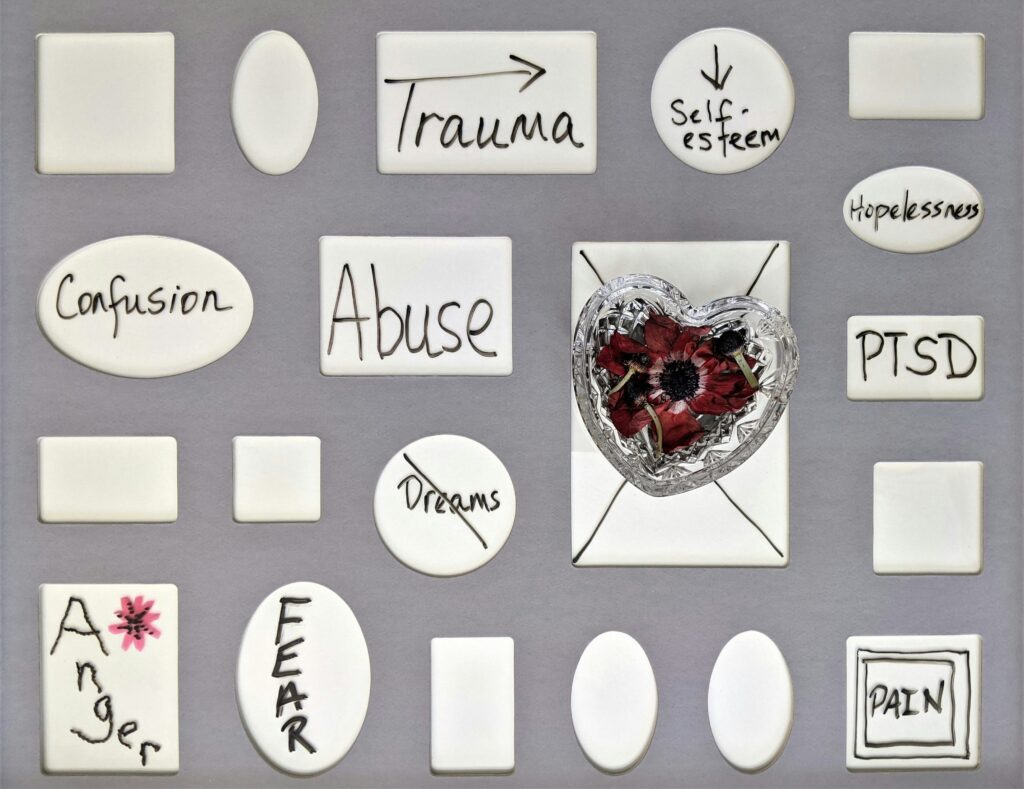When most people think of trauma, they focus on emotional wounds — fear, anxiety, sadness, or anger. While these are critical aspects of trauma recovery, there’s another side that’s just as important but often overlooked: the profound impact trauma has on the body.
At Central Florida Counseling & Recovery Centers (CFCRC), we recognize that trauma is not just stored in the mind — it can live in the body too. Trauma can influence physical health in ways that are both immediate and long-lasting. Understanding this mind-body connection is crucial for healing.
In this article, we’ll explore how trauma affects physical health, why integrated care matters, and how CFCRC supports patients through holistic outpatient services that address both emotional and physical well-being.
What Is Trauma?
Trauma results from experiencing or witnessing events that are deeply distressing, overwhelming, or life-threatening. Common sources of trauma include:
- Physical or emotional abuse
- Accidents or injuries
- Natural disasters
- Loss of a loved one
- Combat or violence
- Serious medical diagnoses
Everyone responds to trauma differently. Some individuals recover with time and support, while others experience ongoing symptoms that affect both mind and body.

How Trauma Affects the Body
Trauma triggers a complex response in the brain and nervous system that can have lasting physical effects. When a traumatic event occurs, the body activates its fight, flight, or freeze response. This is a normal survival mechanism — but when trauma is unresolved, the body can remain in a heightened state of stress long after the event has passed.
Common Physical Symptoms of Trauma:
- Chronic pain (e.g., back pain, headaches, muscle tension)
- Gastrointestinal issues (e.g., IBS, ulcers)
- Fatigue and sleep disturbances
- Weakened immune function
- Cardiovascular problems (e.g., hypertension, heart disease)
- Hormonal imbalances
- Increased inflammation throughout the body
In short, trauma can dysregulate nearly every major bodily system if left unaddressed.
The Science Behind Trauma’s Physical Impact
Research has consistently shown a strong link between trauma and physical health outcomes.
The Role of Stress Hormones
Trauma can cause the body to release excessive amounts of cortisol and adrenaline. Over time, elevated stress hormones:
- Suppress the immune system
- Increase blood pressure
- Disrupt digestion
- Impair cognitive function
The Body Keeps the Score
Renowned psychiatrist Dr. Bessel van der Kolk popularized the concept that “the body keeps the score,” meaning traumatic memories and experiences are stored not just in the brain but throughout the body’s tissues and nervous system.
At CFCRC, we incorporate this understanding into our approach to therapy and primary care.
Long-Term Health Risks Linked to Unresolved Trauma
Individuals with unresolved trauma are at greater risk for developing chronic illnesses such as:
- Heart disease
- Autoimmune disorders
- Diabetes
- Chronic fatigue syndrome
- Fibromyalgia
- Depression and anxiety disorders
The Adverse Childhood Experiences (ACE) Study by the CDC and Kaiser Permanente famously revealed that individuals with a higher number of traumatic experiences in childhood were significantly more likely to develop serious health conditions later in life.
How CFCRC Addresses Trauma Holistically
At CFCRC, we believe effective trauma recovery must address both emotional and physical health. Our integrated outpatient services support the whole person.
1. Trauma-Informed Counseling
Our licensed therapists provide trauma-focused therapies, such as:
- Cognitive Behavioral Therapy (CBT)
- Eye Movement Desensitization and Reprocessing (EMDR)
- Mindfulness-based stress reduction
- Somatic awareness techniques
Counseling helps patients process traumatic experiences, develop coping strategies, and release stored tension from the body.
2. Primary Care Integration
Our primary care services screen for trauma-related physical health issues and develop comprehensive wellness plans. We work to:
- Manage chronic pain and other trauma-related symptoms
- Address sleep disturbances
- Monitor cardiovascular and immune health
- Support healthy lifestyle changes (nutrition, exercise, stress management)
This integrated care model ensures no aspect of trauma recovery is overlooked.
When to Seek Help for Trauma-Related Health Concerns
If you or someone you know is experiencing any of the following, it may be time to seek professional support:
- Persistent physical symptoms without clear medical explanation
- Chronic pain, fatigue, or sleep issues
- Emotional numbness, irritability, or hypervigilance
- Difficulty regulating emotions
- Feeling “stuck” in past experiences
Early intervention leads to better outcomes. Trauma does not have to define your life or your health.

Supporting Loved Ones Through Trauma Recovery
Family and friends can play a vital role by:
- Listening without judgment
- Encouraging professional support
- Avoiding minimizing the individual’s experience
- Participating in family counseling when appropriate
At CFCRC, we offer family counseling services to strengthen support systems and help loved ones heal together.
Healing Is Possible — And It Starts With Compassionate Care
Recovering from trauma is not just about “getting over it” — it’s about restoring balance to the mind and body. At CFCRC, we provide compassionate, evidence-based care that honors each individual’s journey toward healing.
Through outpatient counseling and primary care integration, we empower patients to rebuild their health, rediscover resilience, and reclaim their lives.
Start Your Healing Journey with CFCRC
If you’re ready to address the impact of trauma on your mental and physical health, CFCRC is here to help.
Fill out the form below, and a member of our team will reach out to answer your questions and help you get started.
You can also contact us directly:
Central Florida Counseling & Recovery Centers
Primary Care & Counseling Services
📍 6900 Turkey Lake Rd Suite #1-2, Orlando, FL 32819
📍 1120 S Park Ave, Apopka, FL 32703
📞 (407) 370-5357
Let’s work together to restore wellness, resilience, and hope — from the inside out.



